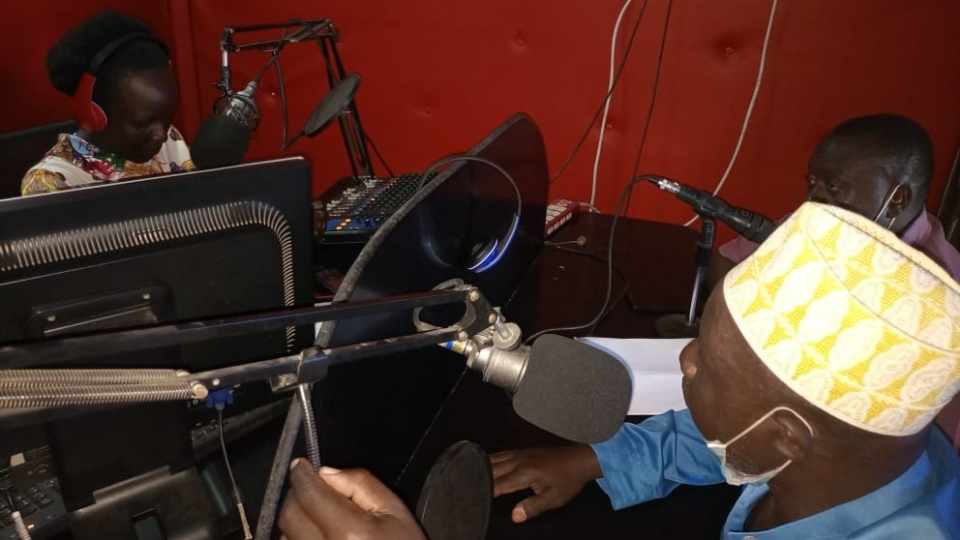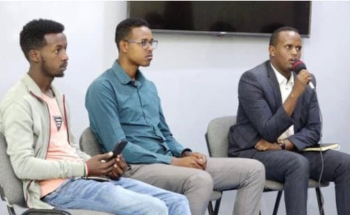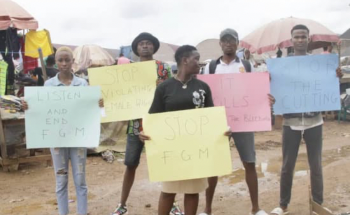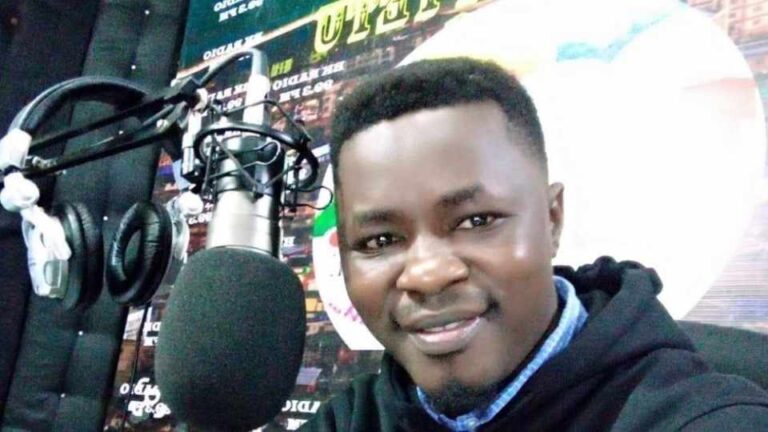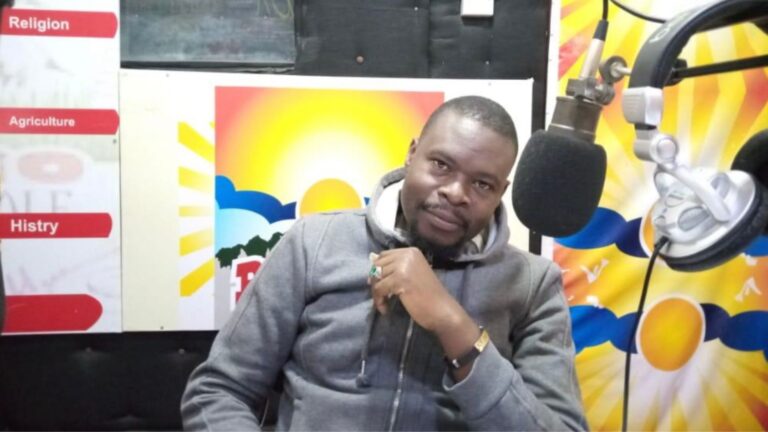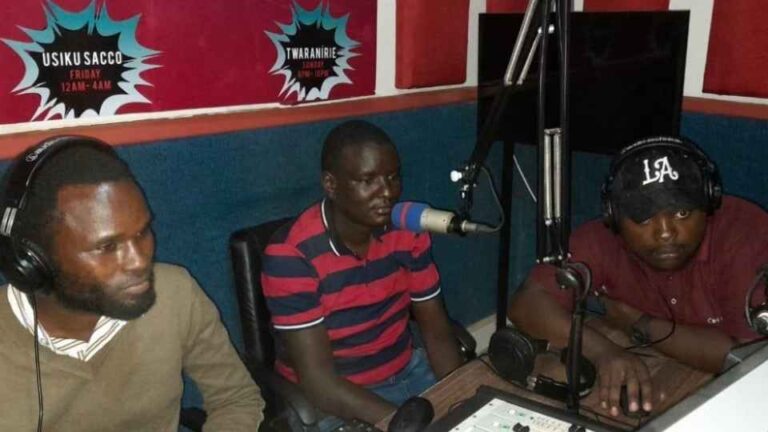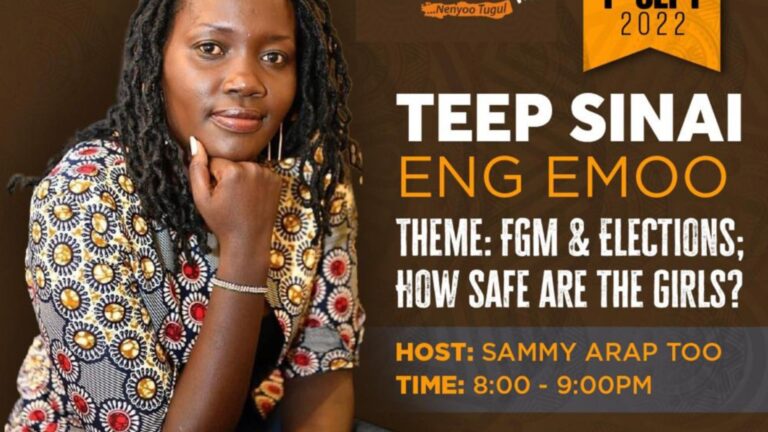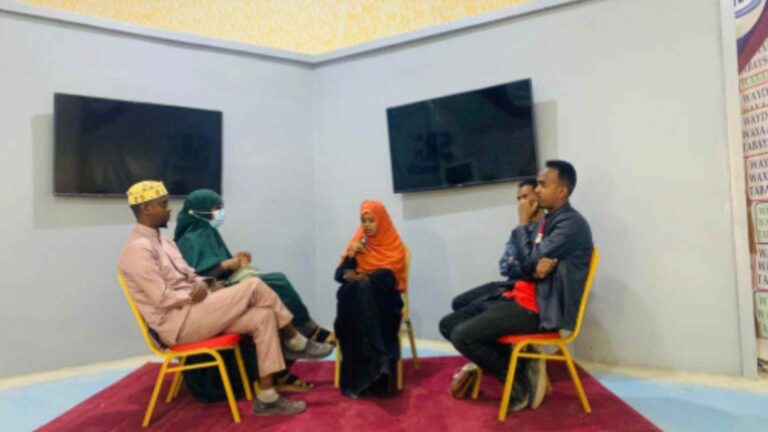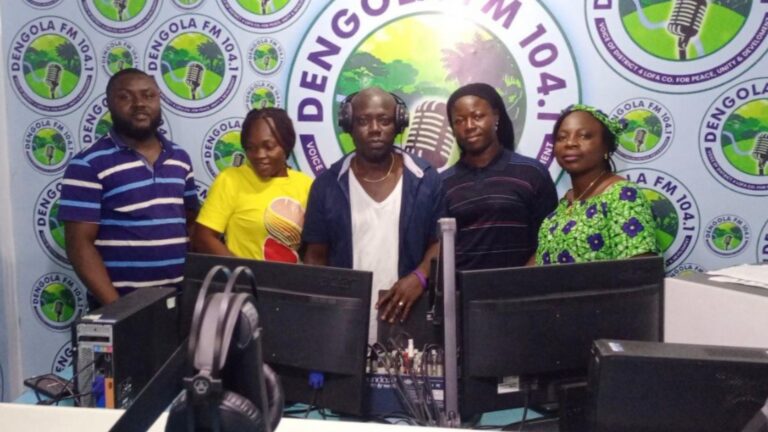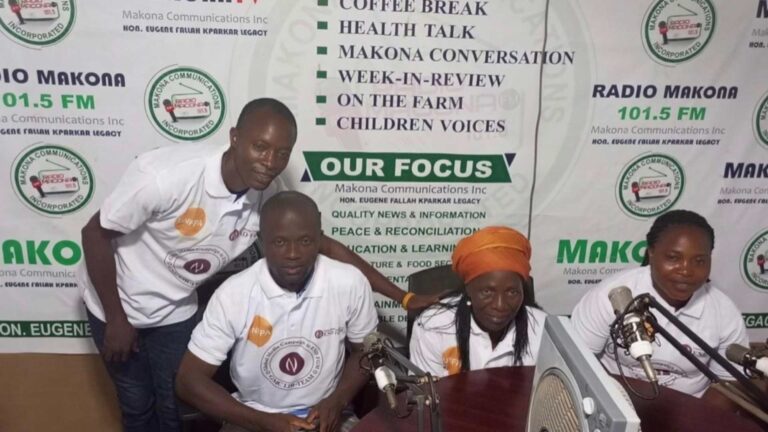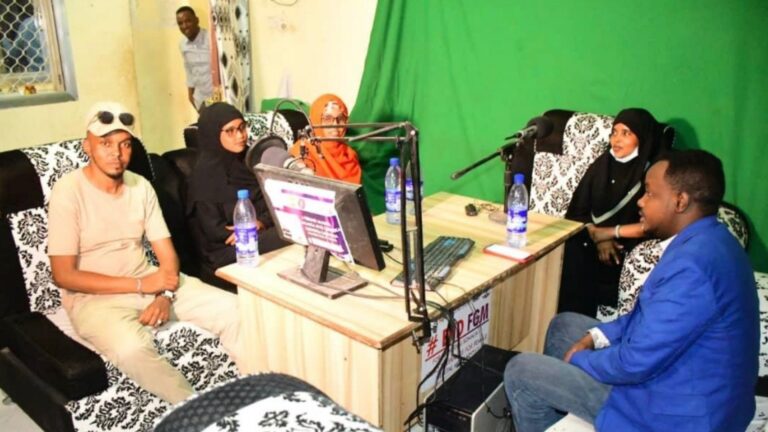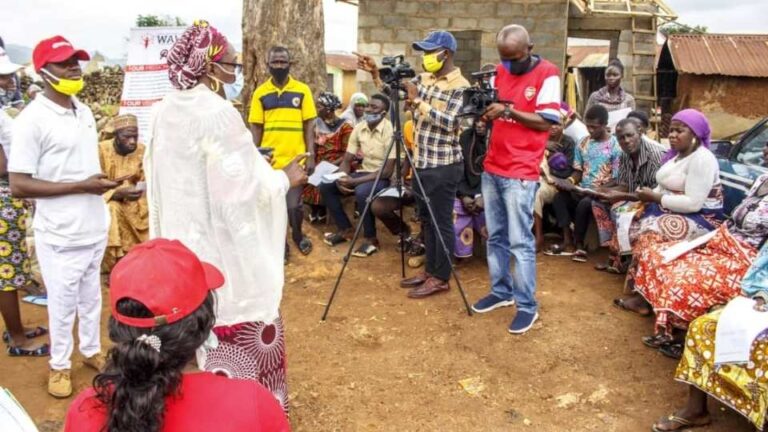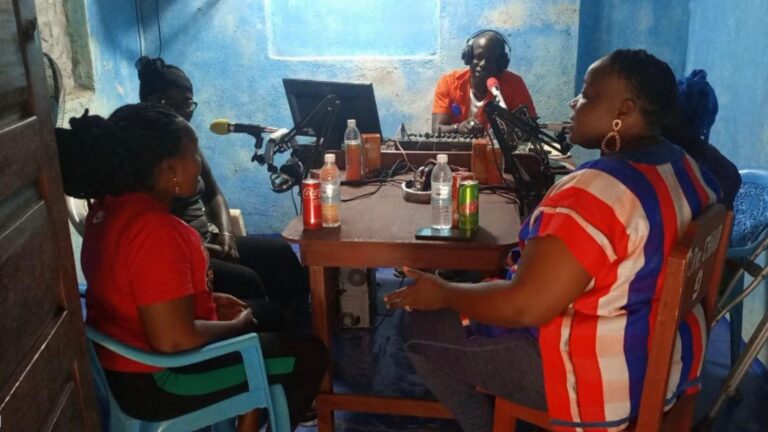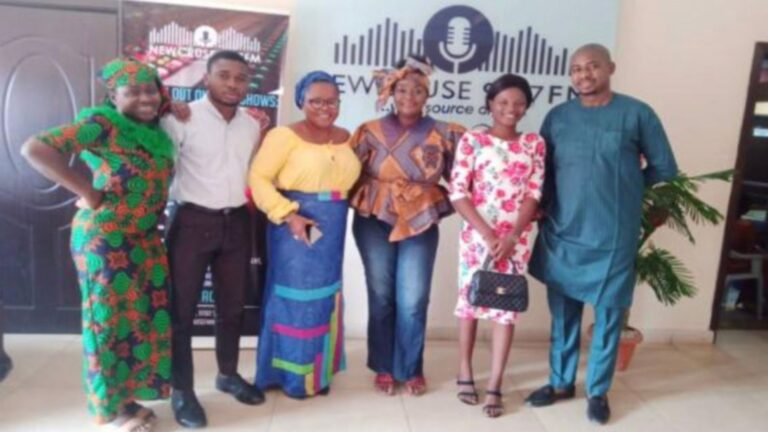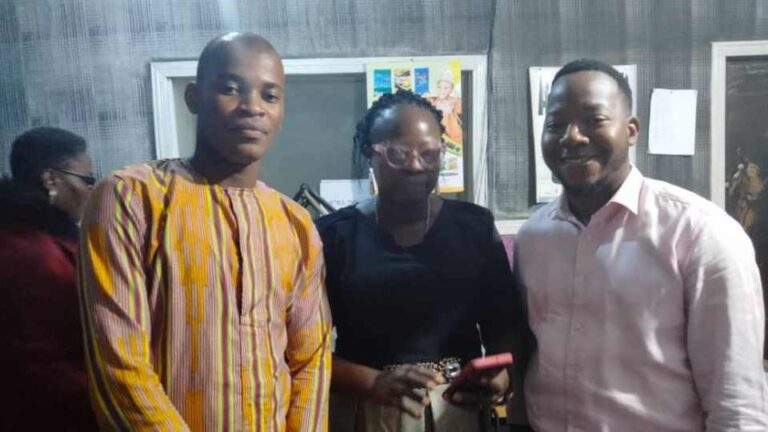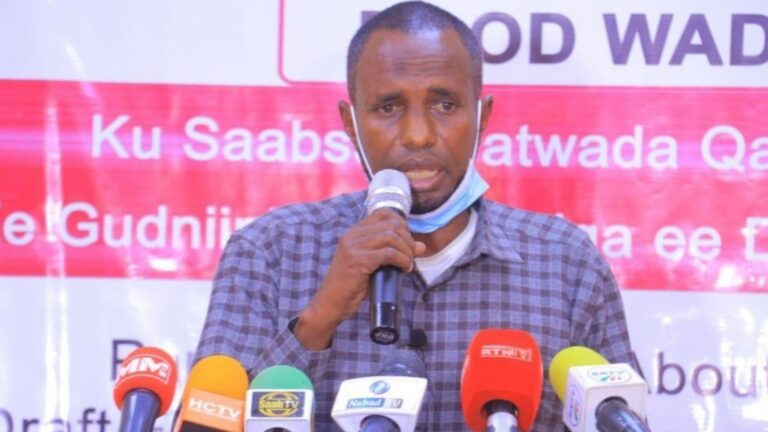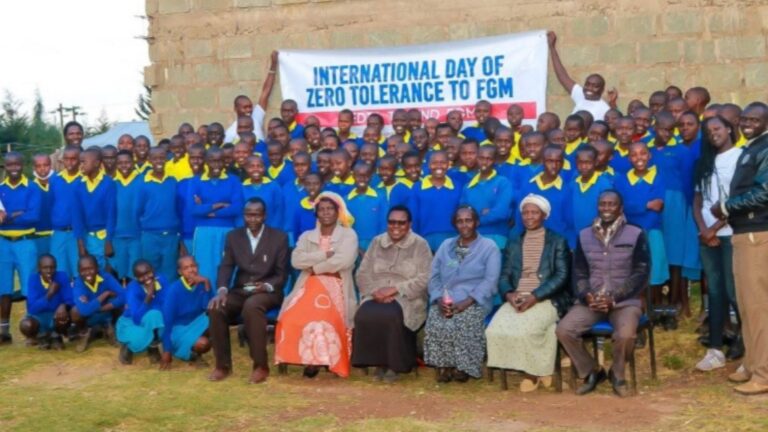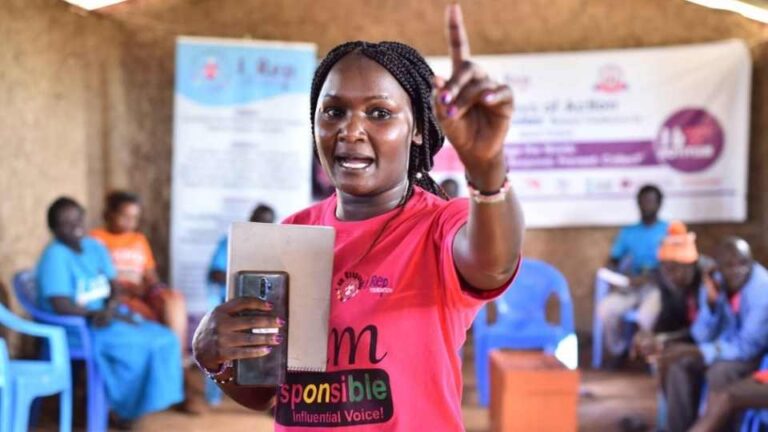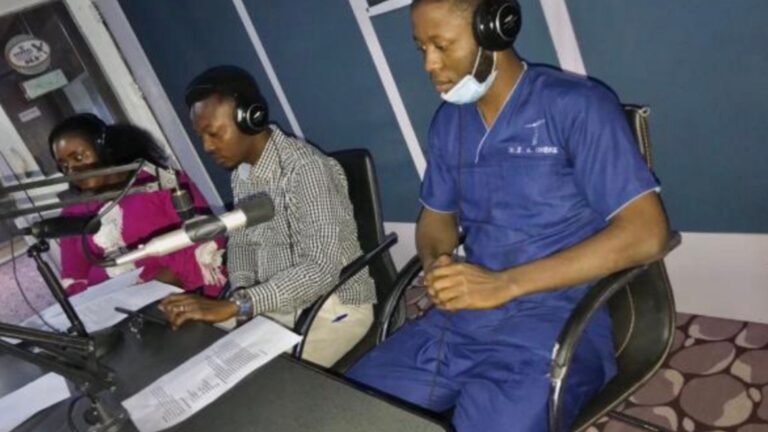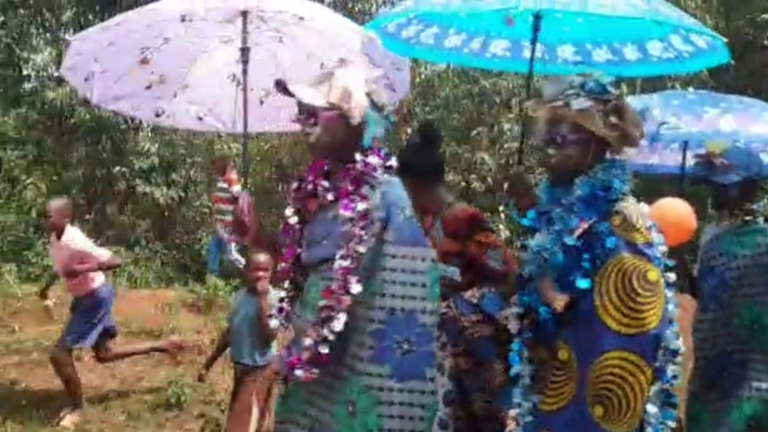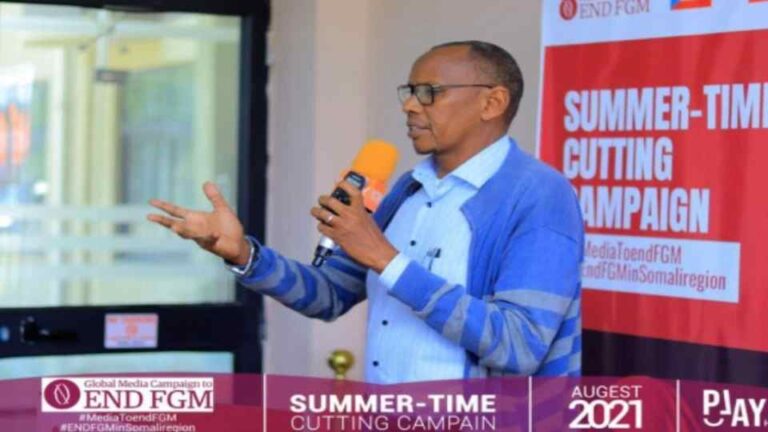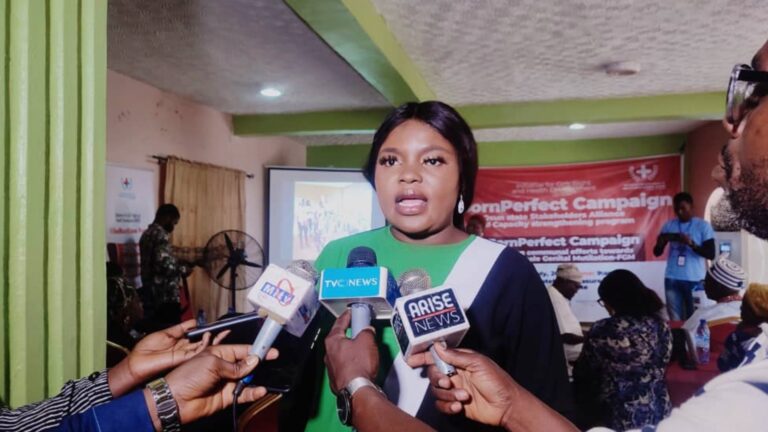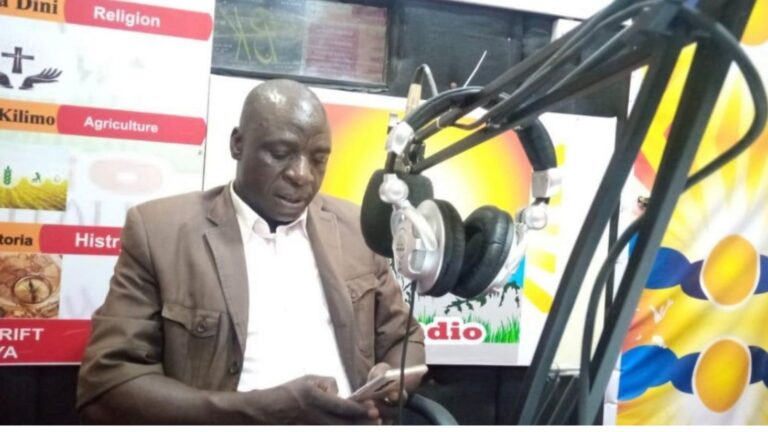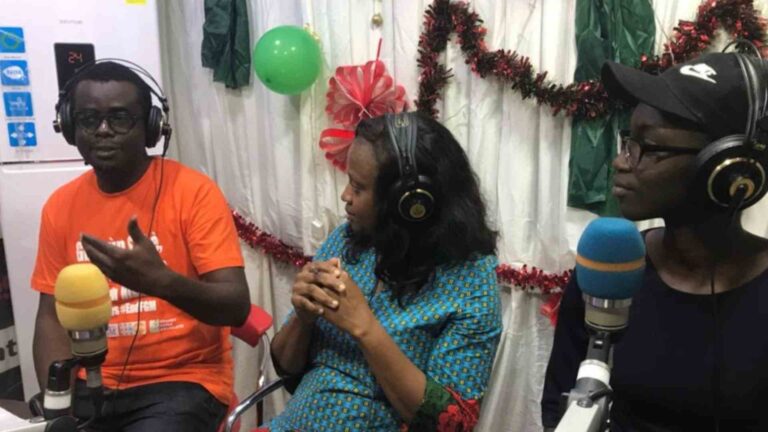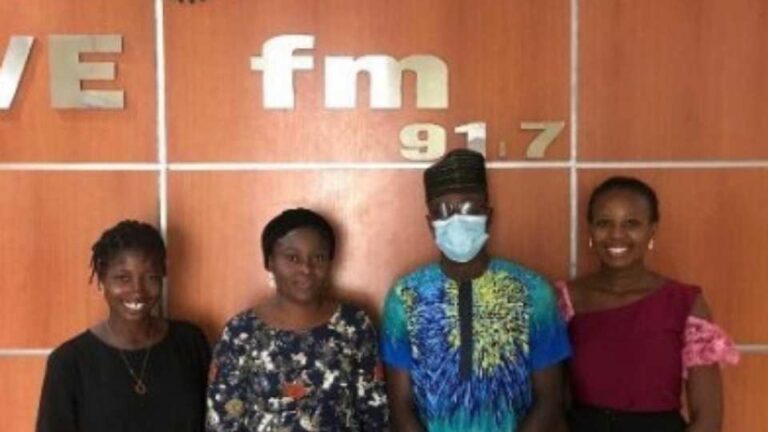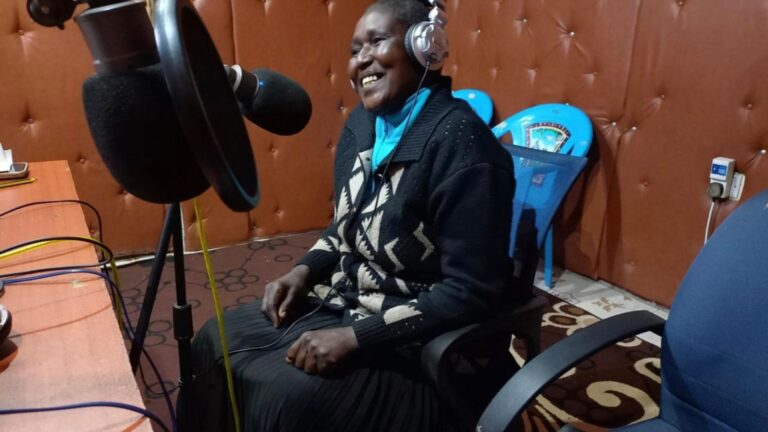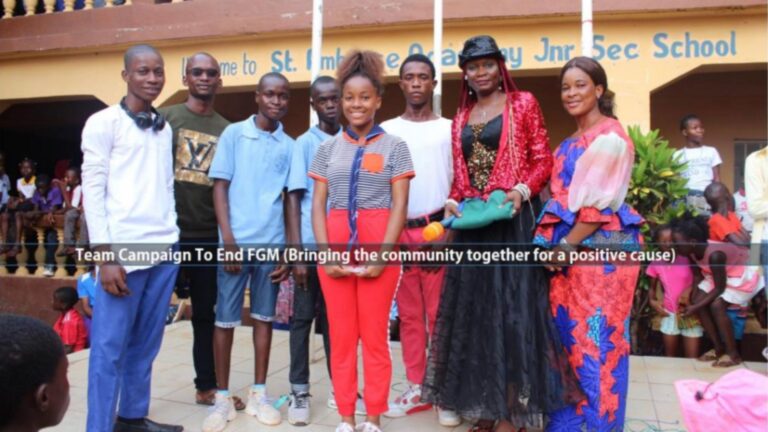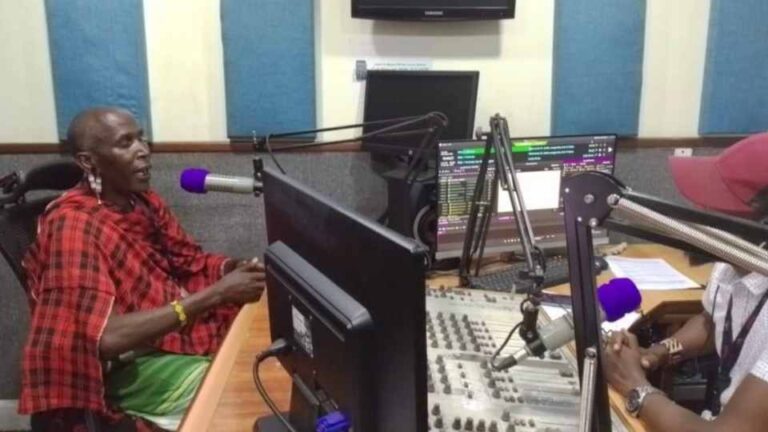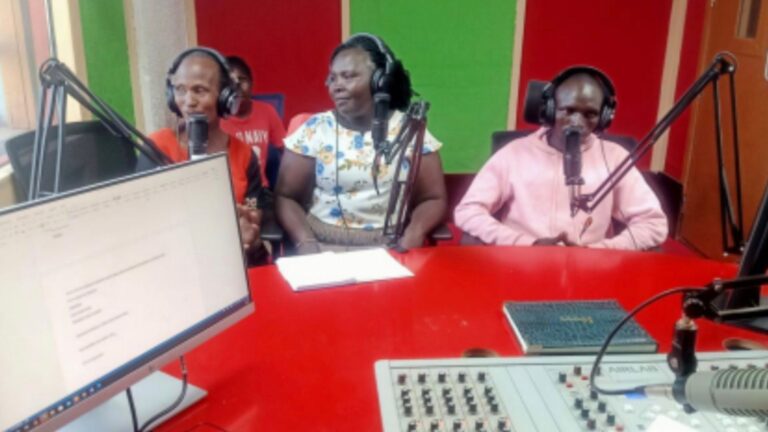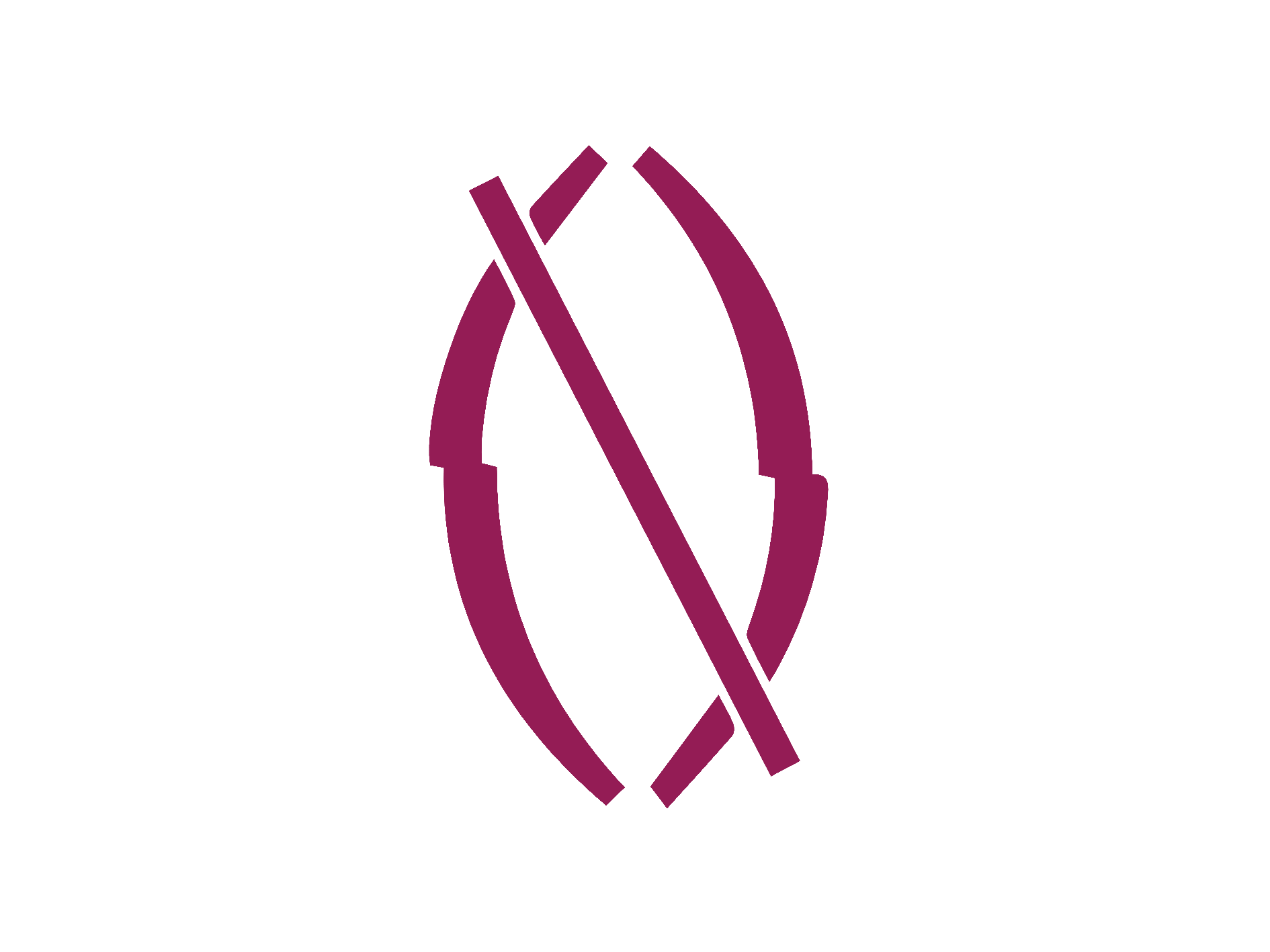By Nastehe Aftin
Nastehe Aftin is an anti-FGM campaigner, working with remote communities in Tana River to help end FGM.
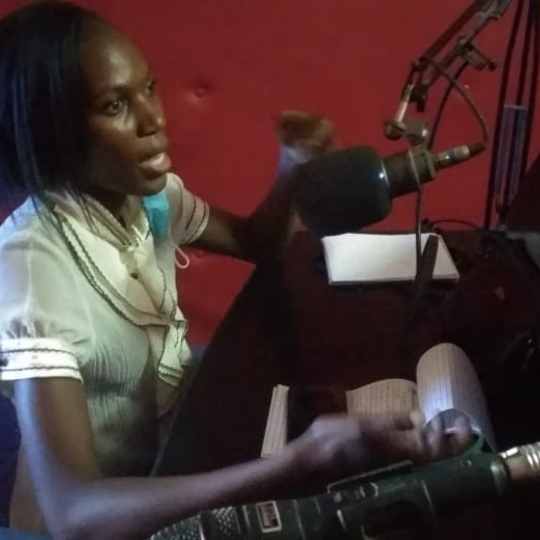
Current challenges in Tana-River:
Harmful cultural practices such as FGM are prevalent in the pastoral-dominated counties of Tana River, Northern and North-eastern Kenya. A recent study indicated that the practice is still widely practiced among the pastoralist and agro-pastoralist communities in the Tana River.
Though the practice was outlawed in Kenya, the practice is discreetly and secretly carried out during school holidays and other school vacations in private places and homes among the pastoral and agro-pastoral communities of Tana River. To counter this harmful cultural practice, the Dayaa women group in partnership with other players carried out a radio talkback show on the 7th June 2021 to sensitize through education awareness creation on the socio-economic effect ad impact of FGM to the African child ahead of the DAY OF THE AFRICAN CHILD (DAC).
This report, therefore, highlights the achievement, challenges if any and the media reach during the project period.
Dayaa women group project idea ahead of the Day of African Child(DAC) was to carry out community sensitization through education awareness creation on the socio-economic effect and impact of FGM to the African Child.
We partnered and collaborated with various players that included;
- Islamic Religious Leader – who educated the wider Islamic communities on the Islamic religious perspective on FGM as provided by the Islamic Book of Qur’an and Sunnah of the Prophet Muhammad (Peace and Blessing Be Upon Him)
- Healthcare provider – We partnered with a knowledgeable clinical psychologist who highlighted and took through a detailed talk on the health implications and effect of the FGM on the African Child.
- Legal Expert – During this day a strong talk on the legal implications of FGM was given by an instrumental local legal expert as provided by the Kenyan, 2010 Constitution and other relevant legislation.
- Reformed cutter – This became such an important player as she explained deeply in her cutting experience, torture, trauma, and socio-economic problem associated with FGM operations and why they opted to abandon it.
- Uncut Girl – The project partnered with an uncut girl who narrated the kind of trauma she is going through as her community regards FGM as a rite of passage.
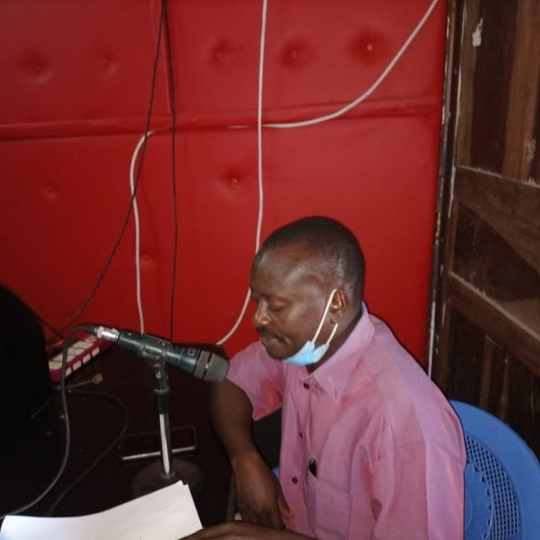
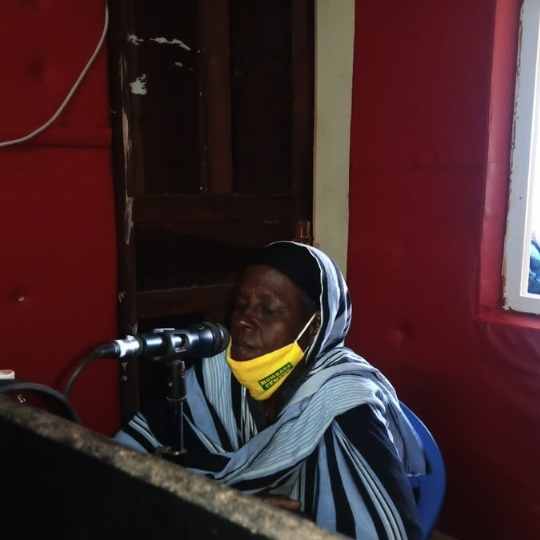
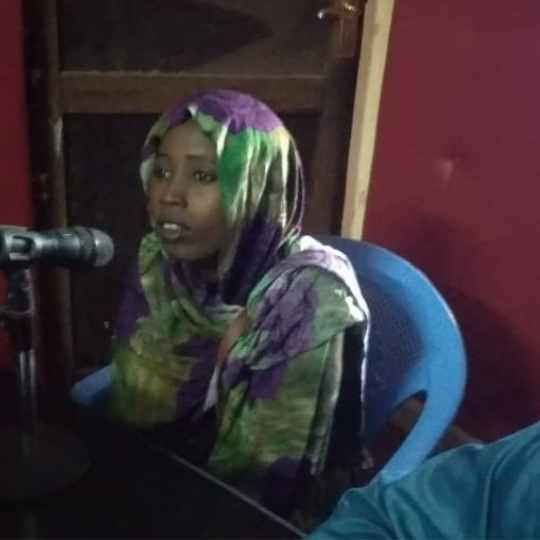
To increase the media outlet and reach, the project partnered with Tana Broadcasting Service(TBS), a local Radio station located within Tana River County Headquarter, Hola, which is known for its high coverage and favored by many residents of Tana River county especially the youth.
Media reach:
The estimated media reach was estimated to be above 300,000 with the youth having the biggest percentage.
Success:
The project impact is especially evidenced after two more cutters visited our Hola office promising to abandon the vice.
Nastehe Aftin
- Though some are talking ill of the project claiming it as opposing the Islamic Religion, however over 75% appreciated the move and requested such a talkback show.
Next time:
Some areas of the project require some changes especially substituting the Uncut Girl with a Cut girl. This will give more insight especially the psychological effect of FGM and trauma associated with FGM.


